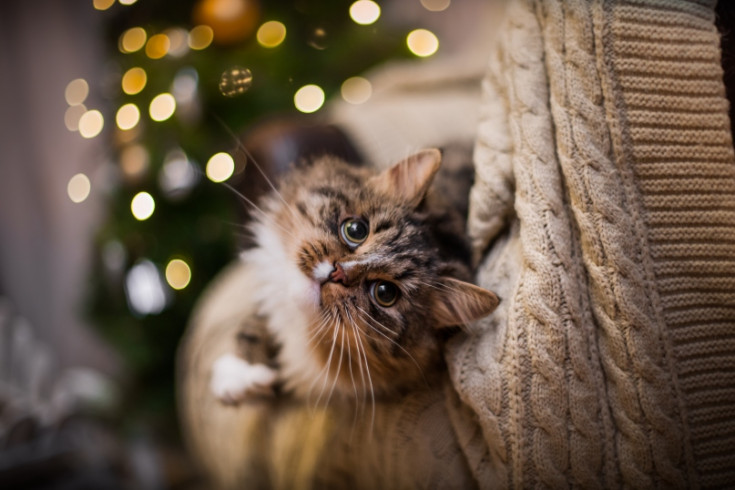
What to expect at Vets Now
Increasingly, out-of-hours veterinary care is provided by vets and vet nurses who only work at night, weekends and bank holidays – meaning they are bright and alert when an emergency occurs.
These out-of-hours providers – such as Vets Now – partner with your regular daytime vet to provide a dedicated emergency and out-of-hours service, so that they can enjoy some well-earned time off.
Because these vets and vet nurses are dedicated solely to out-of-hours care, they are always on-hand when you need them – whether it’s 4am or on Christmas Day.
Our out-of-hours teams are made up of fully-qualified vets and registered vet nurses who have received intensive training in emergency and critical care, meaning they are highly skilled at dealing with accidents and emergencies.
What to do in a pet emergency
If you’re worried your pet requires urgent, emergency treatment, please contact your vet as soon as possible or, out of hours, your nearest Vets Now pet emergency clinic or Vets Now 24/7 hospital.
When calling, have a pen and paper ready to write down any instructions or directions.
The person on duty should be able to give you advice over the phone, but it may be necessary for you to take your pet to the clinic where the personnel, equipment, and drugs are available to provide immediate treatment.
What to expect when you visit our clinic
When you arrive at the out-of-hours veterinary clinic, you may have to wait a while before the vet sees your pet. Emergency work is, by its nature, unpredictable and it’s often difficult to schedule appointments.
However, be assured our vets will always treat the sickest pets first. It is, therefore, important that you give our call handlers as much information as possible, so the vet can ascertain what kind of emergency it is. This is especially important for very sick pets since the veterinary team can prepare some of the emergency treatments before your arrival.
If there is likely to be a delay before the vet can see your pet, a qualified veterinary nurse will perform a triage assessment to ensure there is no risk. If the nurse has concerns, they may admit your pet to the treatment area to provide first aid such as oxygen therapy and pain relief.
If you have any concerns about your pet while waiting to the see the veterinary surgeon, speak to the receptionist or nurse – don’t sit and worry.
Once the veterinary surgeon has examined your pet, they will discuss with you any tests that may need to be run and any treatment that needs to be given. At this point, it’s also likely you will be given an estimate of the cost of any treatment.
If your pet has an intravenous injection, blood sample, intravenous catheters or a scan, it’s worth bearing in mind they will need to have some fur clipped.
Vets Now prices and payment
Our reception staff will request payment at the time of your pet’s consultation. If you have pet insurance, all or some of the costs you incur may be reimbursed. However, insurance policies vary considerably so you should check your policy to see what it covers and what excesses apply.
Out-of-hours veterinary fees are typically higher than daytime fees. This is due to the increased costs of providing a dedicated team – who work at nights, on weekends and bank holidays – trained and skilled in dealing with accidents and emergencies. Our clinics are also kitted out with the latest specialist equipment to ensure your pet receives the best care possible.
Questions you should ask
Do not be afraid to ask questions if there is anything you are not clear about. You may have to make difficult decisions on behalf of your pet and it is important you have all the information available on your pet’s condition and possible treatment options.
We also have a table of frequently asked questions here.
Patient transfers
In most cases, pets are transferred back to their regular daytime practice once they reopen, which is typically the next working day.
It may be possible to organise an ambulance or taxi transfer for your pet, in which case the duty staff will telephone you before discharge to discuss ongoing treatment.
However, pets are only discharged if they are stable enough to travel. In the case of some critically unwell pets, this may mean staying at the emergency clinic or hospital for several days.
If this does happen, the pet will be looked after by our out-of-hours team at night, and the daytime practice staff during the day. Upon transfer or discharge, you will be provided with a full clinical history for your pet, detailing results of all tests performed and treatments given. This clinical history will also be faxed or emailed to your daytime practice, so they have all the information they need to continue treating your pet.
